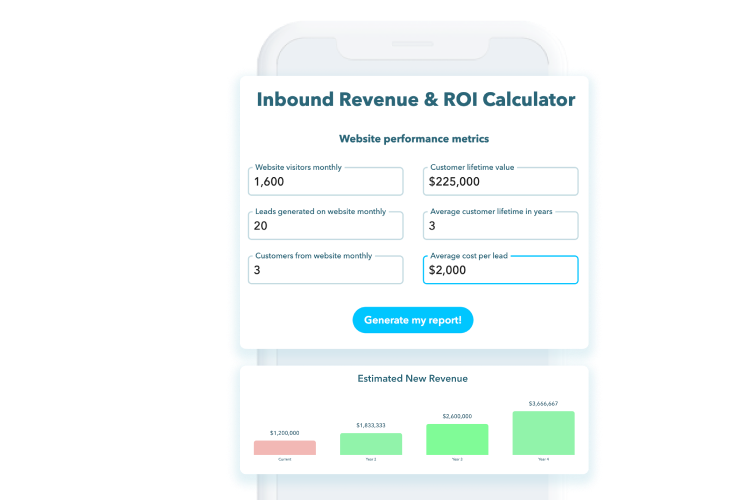 1,346 views
1,346 views 2827 Views
2827 Views  3 min read
3 min readIn addition to being one of the best Beatles recordings, “Help” is a powerful way to connect with B2B prospects through genuine human kindness. This post will cover the essence of customer-centered sales. The Business-to-Business (B2B) sales world is changing fast. Why, you ask? The way people buy has changed, creating a new opportunity to leverage a customer-centered sales process. In the past, salespeople held the keys to the sales process. They cold called or mass emailed a prospective buyer and pitched information to prospects about their product or service’s features and benefits, and made outstanding promises as to why their product or service is so great. Considering how busy executive prospects (humans) are, and how bombarded they are by countless calls and emails from vendors pitching generic value propositions, that tactic has lost its effectiveness. The advent of the internet and increased accessibility of mobile devices empowered the end user (human prospects), to find what they want, when they want it – without depending on a salesperson alone. Now when a decision maker is researching a business challenge they have, they turn to Google, Youtube, search for self-help material online, read reviews, and sometimes read testimonials and case studies before reaching out to a company. Research by Sirius Decisions found that “67 percent of the buyer’s journey is now done digitally.” Although that’s a great opportunity for companies to create content that helps executives to find them online, B2B sales representatives don’t have to wait for opportunities to come to them. They can reach out in a helpful and consultative way! Recently I was honored to get to personally work with the Hubspot sales Jedi master himself, Dan Tyre (6th employee of Hubspot, sales rockstar, and all-around great human). Here are a few powerful lessons I personally learned from Dan that will help you to connect with a prospect (human).
Help make your prospect’s day by spending around 5 minutes reading their LinkedIn profile, articles they’ve written, or other interesting or flattering details about them before calling them. Once you’ve gotten them on the phone, be prepared to start the conversation by simply asking how their day is going. Start by discussing a topic they care about, sharing a clever or lighthearted joke, or giving them a genuine compliment. Showing prospects that you know them demonstrates that you cared enough to do some research on them personally; making them feel special, and more open to speaking with you (customer centered sales). Next, be sure to craft a few sentences that they can relate to. Talk about how you’ve helped people like them with specific challenges, goals, and responsibilities, in order to test the waters and get them to open up about their situation. Be sure to keep the focus on them, and not on you or your company. Doing this enables you to make the best first impression, and a meaningful connection to kick off the sales process with a warm call (not a cold call).
Help to guide your prospect through their process. Every prospect faces different circumstances and is in a different stage of their buying journey. Some are just starting to become aware of their challenge, some have clearly defined their challenge and are considering solutions, and others are actively in the process of buying a solution and are starting to make a purchasing decision. Asking targeted and open-ended questions, actively listening, and offering some quick helpful ideas that you’ve identified after observing their situation strengthens the prospect’s trust in you, and positions you as a valuable resource to them. B2B sales cycles can be long. While you continue to communicate with your prospect, share educational and relevant content with help them along the way. Content or tools you think they would value including blog articles, videos, online tools, and more, can be shared via email or LinkedIn messaging to reinforce your understanding of their challenges, keep them engaged, and strengthen your relationship.
At the end of the day, when you are selling to a business, you are really selling to a person at that business. People are people. Helping them by understanding them, and being a constructive part of their journey, is an effective way of connecting with them and adding value to their business objectives, while also unlocking new sales for your company. Hope this post helps you in your customer centered sales process! If you’d like to learn more, you can book a time with me personally here to discuss these and other ideas to help your prospects through your sales process. I’m here to help.
